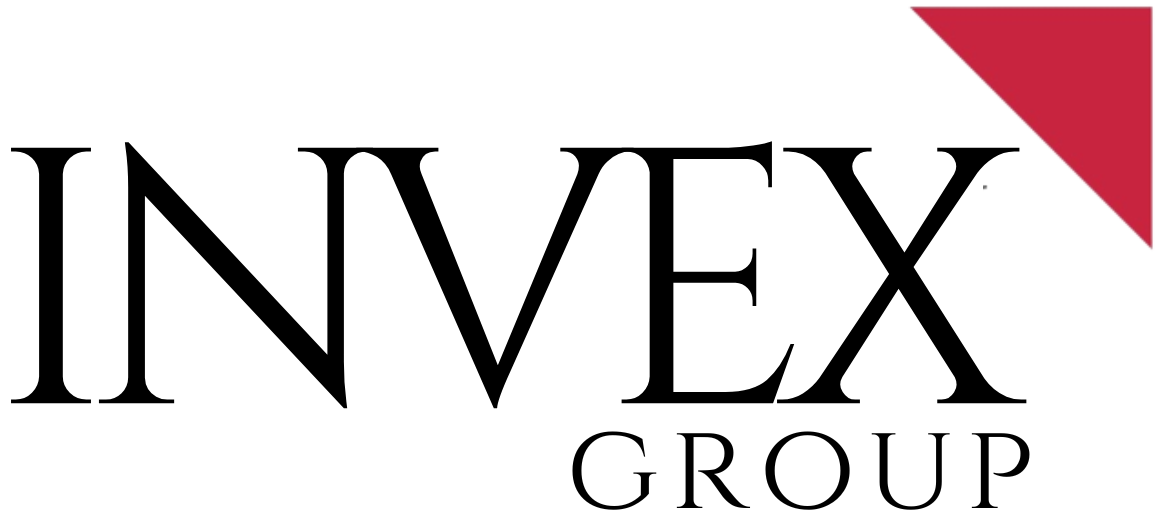The accounting environment is changing at a very fast pace. Instead of having to choose between internal or completely outsourced models earlier, organizations are now crafting blended models of accounting. This combines internal in-house finance staff with outside enablement and thus avails one of both worlds.
What is a Hybrid Accounting Model?
In this blended delivery model, planning and decision-making are managed by the in-house staff. They engage offshore resources for special or time-consuming projects like tax preparation, payroll processing, or compliance checking. Scalability, financial prudence, and flexibility characterize this model.
Hybrid accounting advantages are:
- When Shared Knowledge – One is surrounded by professionals, learning about the business at the same time.
Flexibility involves customization of services to larger or smaller scales depending on busy periods, projects, or expansion.
- Reduced Risk – The work undergoes an additional review by external accountants. This process identifies errors prior to their incurrence of significant costs.
- More Opportunities for Growth – Fewer hours dedicated to processing transactions mean more time spent thinking about the future of your company by staff internally.
Why This Trend is Getting Bigger More stringent regulations and more robust financial information than ever before demand on-time expertise and convenience in staying compliant. Hybrid models provide both one-tenth the cost it would take to deliver one large in-house team. Hybrid accounting isn’t here today, gone tomorrow; it’s here to stay. With this process, corporations will stay agile, cut costs, and make intelligent financial decisions on an ongoing basis.
